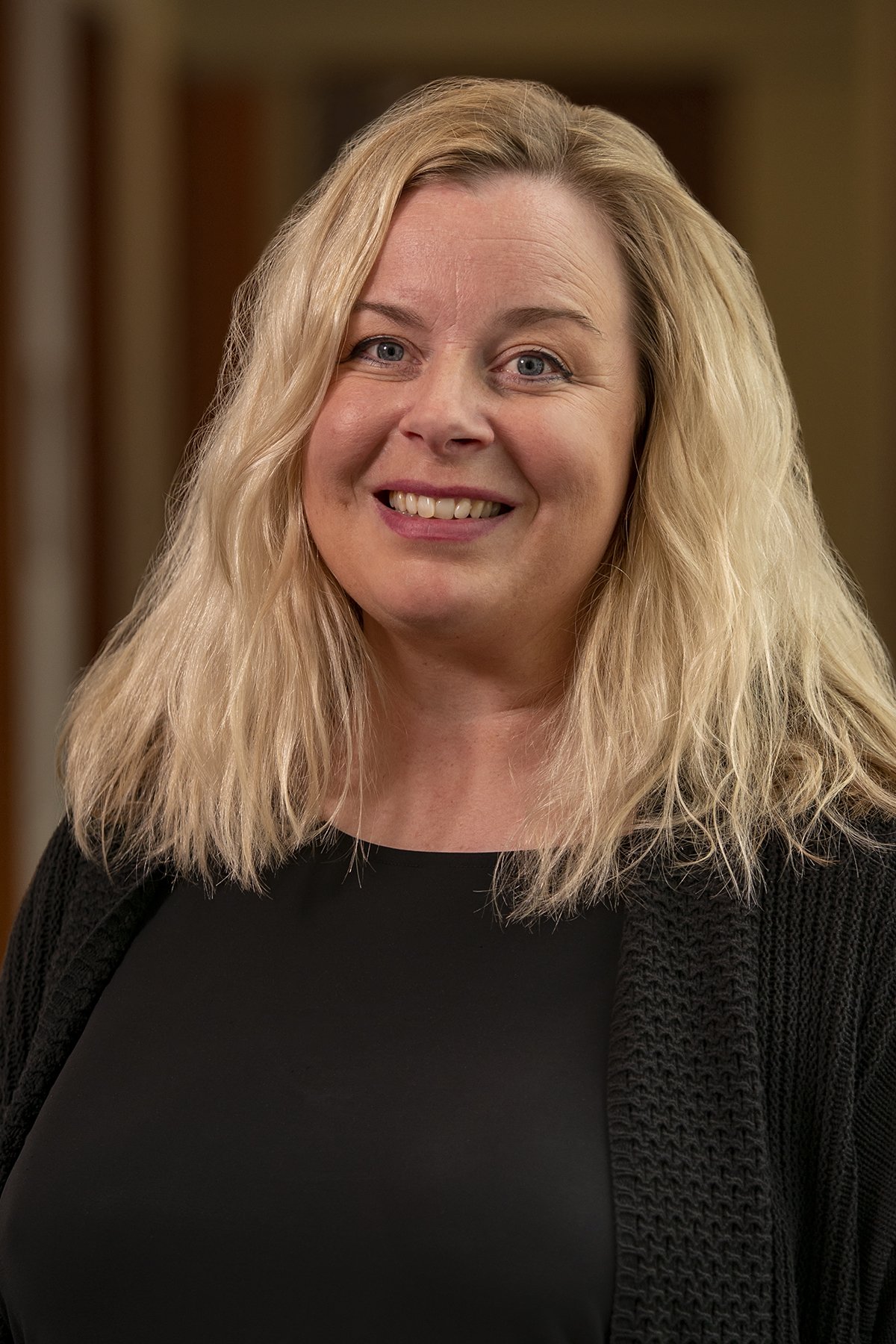
Subgrantee Group
Coping with Natural Disasters Caused by Climate Change: Religious Meaning-Making and Adaptation
Principal Investigators: Dr. Shiri Noy (Department of Anthropology and Sociology, Denison University) Dr. Linda Thunström (Department of Economics, University of Wyoming)
The Intergovernmental Panel on Climate Change (IPCC) estimates that climatic difficulties, such as increased prevalence of natural catastrophes, will arise even with substantial efforts to reduce the increase in average global temperatures. These challenges necessitate human adaptation. Firsthand exposure to natural disasters may affect adaptation strategies. In particular, research suggests that religiosity (e.g., prayers, church donations and attendance) increases in the wake of natural disasters. Additional scholarship points to an increase in preventive (problem-focused) measures with exposure to disasters. However, these adaptation strategies have been studied in isolation—it is unknown if religiosity and problem-focused solutions are complements or substitutes, and how that may differ across groups in society. We propose to examine how adaptation strategies vary across religious identities in the United States, when climate change becomes more relevant to people’s lives, i.e., with exposure to natural disasters, as well as when receiving more information about climate change. We will develop two different instruments—a survey and a randomized controlled trial (RCT), organized as a panel that straddles the U.S. hurricane season. These instruments allow us to analyze the effects of exposure to hurricanes on adaptation strategies, attitudes, preferences, and coping mechanisms across both space and time, and how these vary across religious belonging, religiosity, and beliefs about the origin of natural disasters (divine, human, or naturally occurring). Participants will be recruited from the Qualtrics market research panel. Stakes are high for understanding how people respond to climate change, and religion likely plays a key role.


